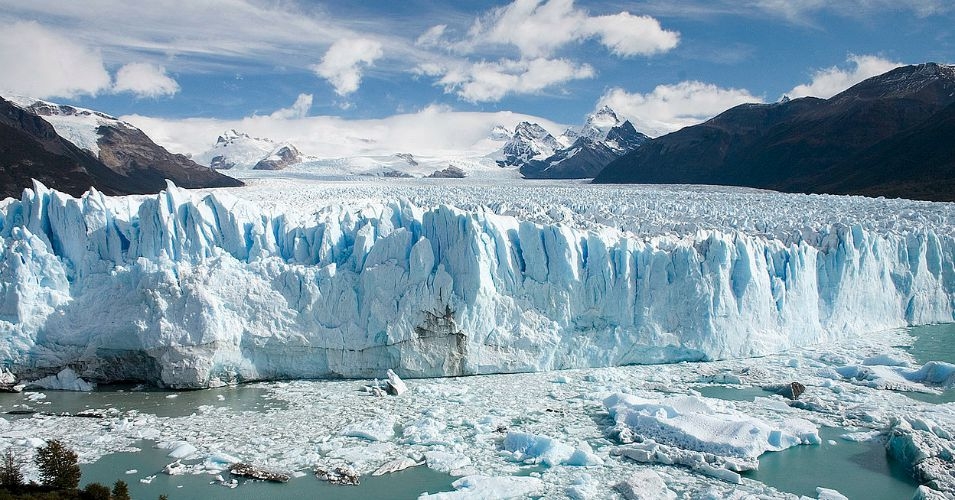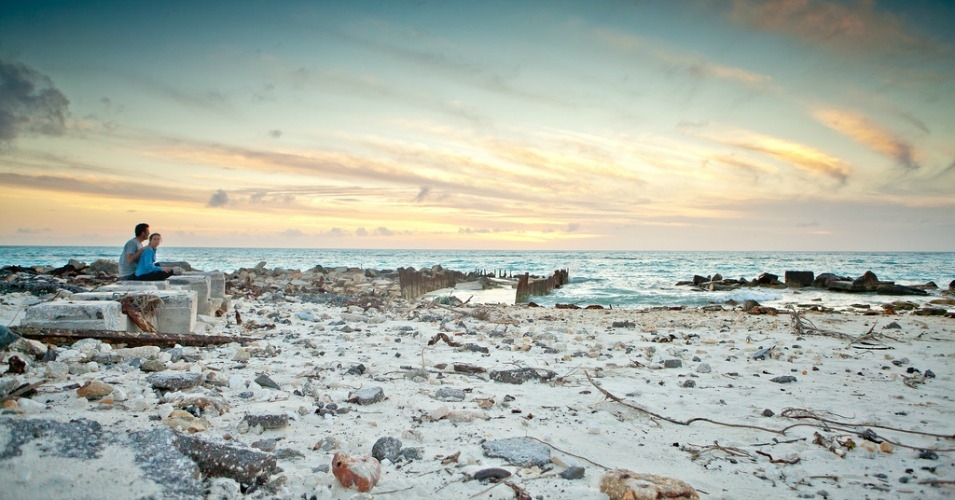The 21st century has already seen a record-smashing decline in the world’s glaciers, which are melting at up to three times the rate of the 20th century and will continue to disappear even without further climate change, an alarming new study concludes.
Entitled Historically Unprecedented Global Glacier Decline in the Early 21st Century, the research was published Monday in the Journal of Glaciology and adds to the growing body of evidence that human-made climate change is heating the planet to unseen levels.
The World Glacier Monitoring Service, based at the University of Zurich, compared trends in the first ten years of the 21st century (2001 to 2010) with “all available earlier data from in-situ, air-borne, and satellite-borne observations as well as to reconstructions from pictorial and written sources,” according to a report summary.
“The observed glaciers currently lose between half a meter and one meter of its ice thickness every year—this is two to three times more than the corresponding average of the 20th century,” explained Michael Zemp, lead author of the study and director of the World Glacier Monitoring Service, in a press statement about the report.
“Exact measurements of this ice loss are reported from a few hundred glaciers only,” Zemp continued. “However, these results are qualitatively confirmed from field and satellite-based observations for tens of thousands of glaciers around the world.”
Researchers concluded that the current rate of disappearance is “historically unprecedented” and that “centennial glacier retreat is a global phenomenon.”
Perhaps most alarmingly, they also found that global warming has led to glacier imbalance that has a momentum of its own. Zemp warned: “These glaciers will suffer further ice loss, even if climate remains stable.”
The findings come on the heels of a separate paper released last month by former NASA scientist James Hansen and 16 other climate researchers. They found: “If the ocean continues to accumulate heat and increase melting of marine-terminating ice shelves of Antarctica and Greenland, a point will be reached at which it is impossible to avoid large scale ice sheet disintegration with sea level rise of at least several meters.”




